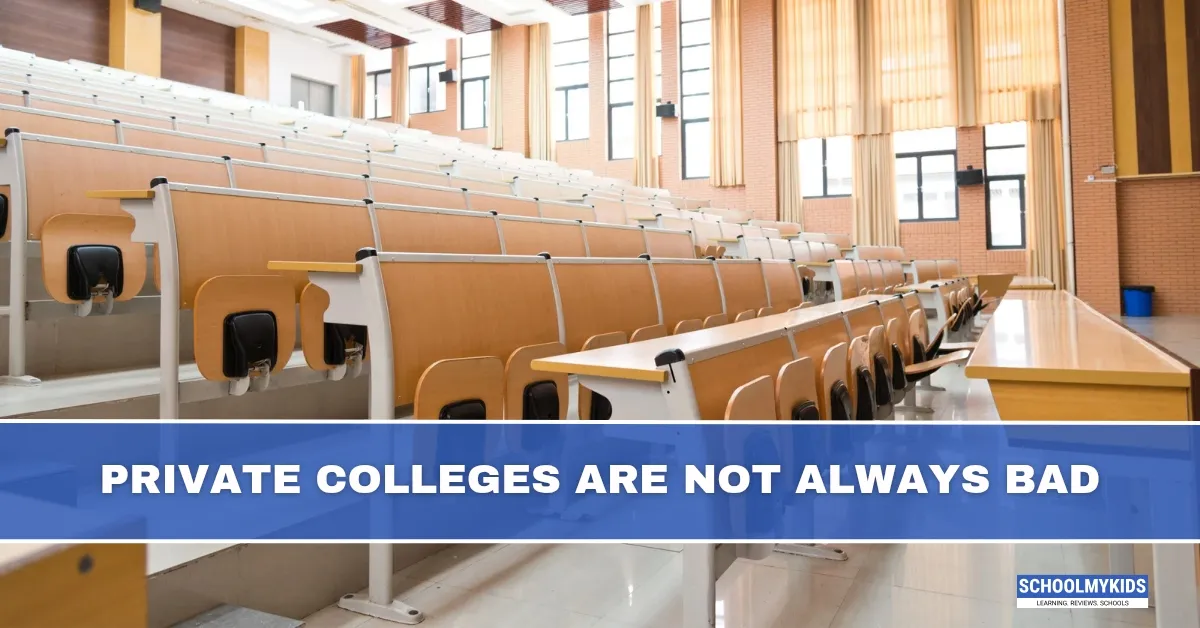Introduction
Private colleges in India often face criticism — seen as money-making ventures with low academic standards. But this generalization ignores the many innovative, well-managed, and reputed private institutions that are reshaping Indian education.
Common Misconceptions
1. Private = Easy Admission
Many reputed private colleges like Ashoka, KREA, and Shiv Nadar have tough admissions based on merit, aptitude tests, and interviews.
2. Private = Poor Academics
Some private colleges invest heavily in research, labs, industry tie-ups, and attract international faculty. Their flexibility allows quicker adoption of modern education trends.
3. Private = Too Expensive
While fees may be higher, many offer scholarships, fee waivers, and financial aid. Some have tie-ups with banks or alumni-funded grants.
Strengths of Quality Private Colleges
| Strength | Explanation |
| Autonomy | Can design flexible, modern syllabi faster than public institutions. |
| Industry Partnerships | Greater internships and real-world exposure. |
| Student Support | Career cells, mentorship programs, mental wellness centers. |
| Smaller Class Sizes | Better attention and academic interaction. |
Red Flags to Watch Out For
- No UGC or AICTE approval
- No clear fee breakup or refund policy
- No placement data on official site
- Poor student-to-teacher ratio
- No functioning research departments or activity
Conclusion
All private colleges are not the same. Do your homework. Many offer world-class education, global exposure, and innovation, making them worth the investment.









Be the first one to comment on this story.